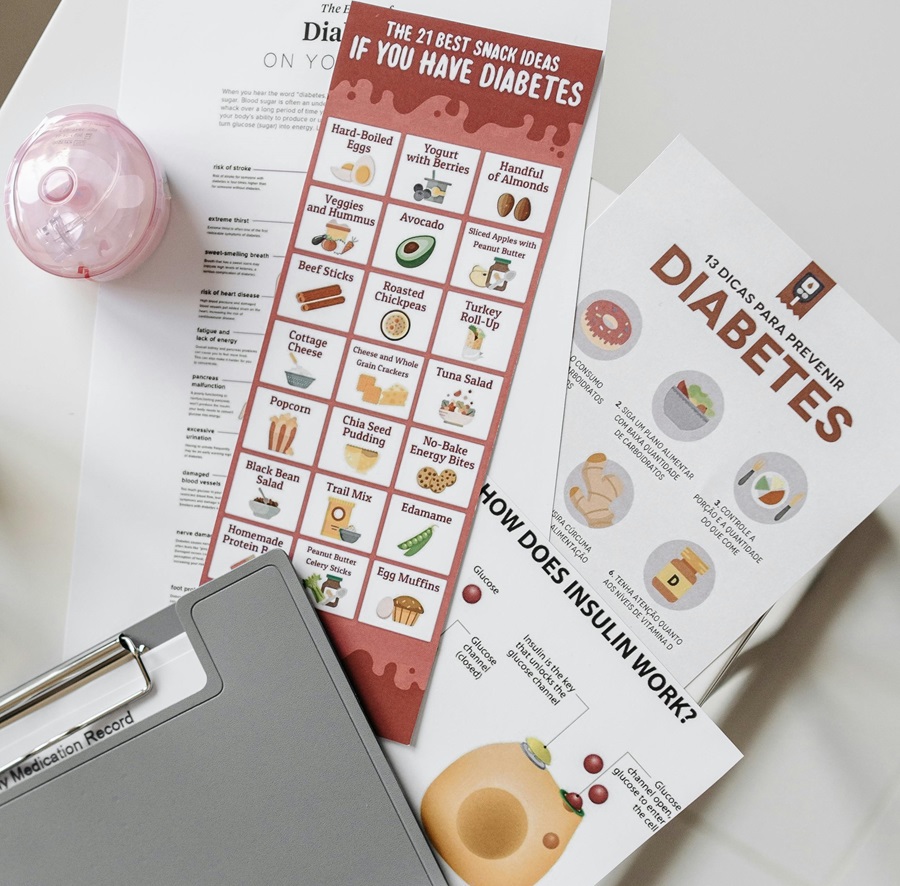8 Ways to Manage Diabetes in Seniors
In Australia, it is estimated that 1 in 20 people are diagnosed with diabetes. Out of them, almost 20% are aged 80-84, posing as a health concern for seniors.
When these older individuals experience new diabetic symptoms, it can be easy to blame it on their age. However, it is crucial to seek professional advice and learn how to manage their health condition appropriately. This will significantly reduce long-term complications diabetes stimulates, such as stroke, heart attack, kidney failure and skin infections.
If your older adult is suffering from diabetes, the following 8 ways to manage diabetes will guide and support the senior in living a healthy and enhanced life.
1. Educate yourself
Journey to caregiving always begins with education. When you learn about your older adult’s disease and what treatments and approaches to take, you will be equipped with necessary knowledge to provide the necessary assistance.
Useful information on diabetes can be found in authoritative medical sites like Mayo Clinic, the American Diabetes Association and Diabetes Australia. You can also visit with your elder educational classes at local health clinics or hospitals.
2. Make changes together
Changing one’s lifestyle all at once is an arduous process, especially when it has to be done alone. Therefore, encourage the changes that benefit the older adult, not only applying on them but also on you. These can be exercising more, eating healthier diets and creating a regular routine.
Staying close and making small changes together can show your support and empower the senior to take more actions towards improving their health.
3. Keep active
For people with diabetes, it is important to stay physically active to keep their blood sugar levels down and manage weight. It is important to consider physical activity guidelines and exercise at one’s needs.
Some helpful reminders include:
- Do not exercise when blood sugar levels are already low.
- Exercise one hour after the meal when blood sugar levels are high
- Carry emergency items when exercising away from home (e.g. glucose tablets, water).
4. Release stress
Studies have found that blood sugar levels can rise when there is an increase in stress levels. This is due to the limited fight-or-flight response in people with diabetes, which can consequently spike their blood sugar levels.
Therefore, it is important for people with diabetes to be aware of stress management techniques and reduce stress. These techniques can be meditation, yoga, and hobbies that provide relaxation.
5. Self-monitor your health
When advocating for the older adult’s needs, you may often find yourself being in charge of every task. While this assists the senior, their chance to be independent and have clarity in their health journey is restricted.
It is important that your older adult feels in control of their life and health condition, as this can enhance their dignity and autonomy for their own life. You can therefore encourage them to carry out small tasks such as tracking their blood glucose levels daily, maintaining regular exercise and being mindful of their diet.
6. Prepare a medical ID
With severe diabetes, there is an increased chance to be involved in emergency situations – fainting from low blood sugar, severe infection, and diabetic ketoacidosis.
Hence, it is crucial to have your elder be prepared for emergency situations. This can be done by letting your senior wear a medical alert ID bracelet or necklace. Having this on them will help emergency responders make faster and more accurate decisions.
7. Organise your pills
You may notice that there are a lot of medications that follow the diagnosis of diabetes. You can manage them by using pill organisers and making notes on their effects, doses and expiry dates.
8. Seek support
Remember – you are not alone on this journey. There are other caregivers and health care providers that help many individuals manage diabetes.
Join communities and ask local hospitals to receive support for your senior.
You can also seek help from a home care provider. At Living Waters Aged Care, we help seniors and their family members navigate problems and help them achieve a more satisfactory life they desire. Contact us now to receive guidance.

